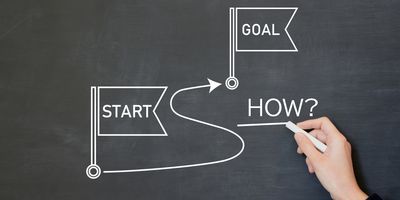Signed in as:
filler@godaddy.com
Signed in as:
filler@godaddy.com
I help people change how they talk about change. Unthinking and rethinking what to talk about, how, and why, increases the odds of making change happen. This works whether you lead the conversation or someone else does. Here's what I mean…
While Change Talk is organizational, change experience is personal. Changing policies, procedures, workflows, etc., isn’t just technical or bureaucratic. Unthinking and rethinking means understanding both the organizational and the personal, and knowing what to do with them.
Most Change Talk is persuasive. Someone sees a better way to do something and makes their case. Someone else sees it differently and makes their case. A third doesn't see it and makes the case for no change. But persuasion amounts to being told what to think, and why, and no one likes that. Unthinking and rethinking uses views we’d otherwise sell or pitch as sources of discovery that colleagues can elaborate, and come together around.
Finally, most Change Talk is situational. It focuses on a change target (some policy or procedure) and a process (the way to get it changed). Unthinking and rethinking addresses the situation, but it also uses situations to build team change capability.
To unthink and rethink, I provide tools you use like a map and compass to orient yourself and colleagues and navigate to a destination, in any situation. That’s what you want to get good at, not following techniques like we follow GPS turn instructions.
This is more in your reach than you might think. You already possess knowledge and skill needed to think and unthink. The experience you have, and the ways you see and size things up, is part of what it takes to orient yourself. And that's where we'll start.

We use cookies to analyze website traffic and optimize your website experience. By accepting our use of cookies, your data will be aggregated with all other user data.